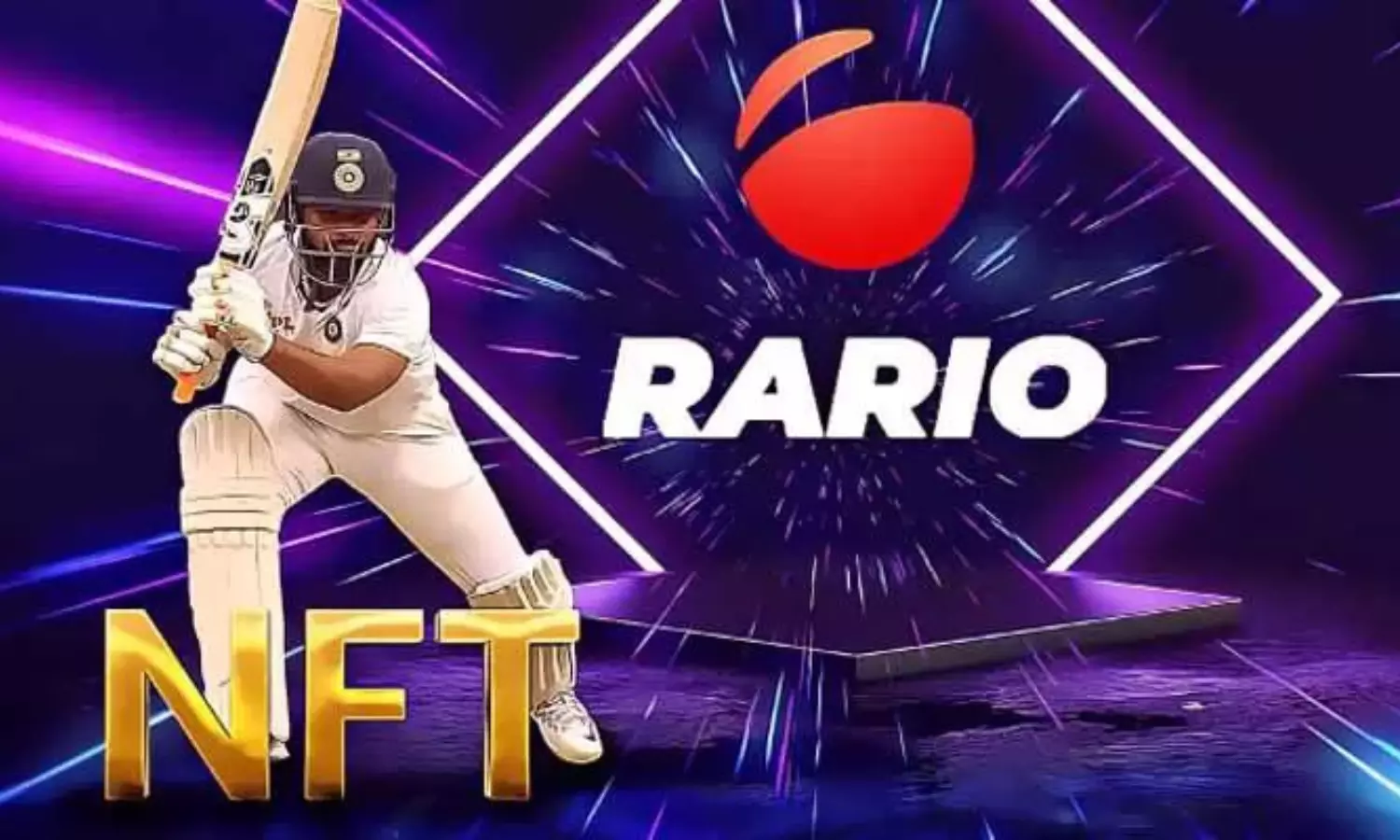Fantasy Sports
HC refuses to grant interim injunction on Rario's plea against MPL and Striker on NFT gaming
Delhi HC refused to grant an interim injunction to cricket-centric NFT marketplace Rario to stop rivals MPL and Striker from offering NFTs.

The Delhi High Court on Wednesday refused to grant an interim injunction to Dream 11-backed cricket-centric NFT marketplace Rario to stop rivals MPL and Striker from offering fantasy gaming using NFTs, saying it cannot claim exclusive right over the use of the technology that is freely available.
Rario had filed a plea in the high court on February 28 this year to prevent rivals Mobile Premier League and Web 3 fantasy platform Striker from using caricatures and identifiers — such as names and surnames — it had licensed from some sportspersons under exclusive deals to offer them as non-fungible tokens (NFTs) on its platform.
It also claimed these deals entitle only the platform to mint (create) NFTs about the players. A non-fungible token (NFT) is a unique digital identifier, meaning it cannot be replaced and is recorded on a blockchain. NFTs are used to certify ownership and authenticity.
In the gaming industry, NFTs are used to represent in-game items such as weapons or even entire virtual environments. These items can be traded like traditional collectibles and generate revenue for game developers.
On Wednesday, the high court said the right of publicity cannot be infringed merely based on a celebrity being identified or the defendants (MPL and Striker) making commercial gains.
It said the extent of the right of publicity also has to be considered in the context of the ‘right to freedom of speech and expression’ protected under Article 19(1)(a) of the Constitution. Even if the right of publicity were to be considered to be an absolute right in India, it still must be subservient to Article 19(1)(a), it added.
"The defendants used the NFT technology to ensure security and authenticity as a means of proof of ownership of its cards and to keep a record of transactions on a blockchain," the court said.
It said Rario cannot claim an exclusive right over the use of an NFT technology that is freely available. "In my opinion, use of celebrity names, images for lampooning, satire, parodies, art, scholarship, music, academics, news, and other similar uses would be permissible as facets of the right of freedom of speech and expression under Article 19(1)(a) of the Constitution of India and would not fall foul to the tort of infringement of the right of publicity,” Justice Amit Bansal said.
"In my considered view, the use of the name and/or the image of a celebrity along with data about his on-field performances by OFS platforms is protected by the right to freedom of speech and expression under Article 19(1)(a) of the Constitution of India. It is a settled position of law that protection under Article 19(1)(a) extends to commercial speech as well. Therefore, even if the defendants are using players’ names, images, and statistics for commercial gain, this would be protected under Article 19(1)(a) of the Constitution of India,” the judge said.
The high court said NFT player cards "are in fact ‘in-game’ assets to be used for enhancing the experience of playing the game.” “There is no difference between online fantasy sports (OFS) with NFT-enabled player cards and ordinary OFS game in so far as the use of the name or artistic impression/photograph of a player is concerned,” it added.
The court said the defendants (MPL and Striker) were already running their game for almost six months and the grant of an ex-parte injunction order would gravely prejudice their business and the plaintiff’s (Rario's) application seeking exemption from advance service was not bona fide.
“Even on the parameter of the balance of convenience and irreparable harm, I am of the view that these factors are in favor of the defendants and against the plaintiffs. An injunction granted at this stage would result in the closure of the business of defendant no.2 (Striker) and would cause huge financial losses not only to defendant no.2 but also to the users of the Striker platform."
"On the other hand, in the event, the plaintiff succeeds in the suit, it can always be compensated. Given the discussion above, the plaintiffs have failed to make out a case for grant of interim injunction,” the high court said.
